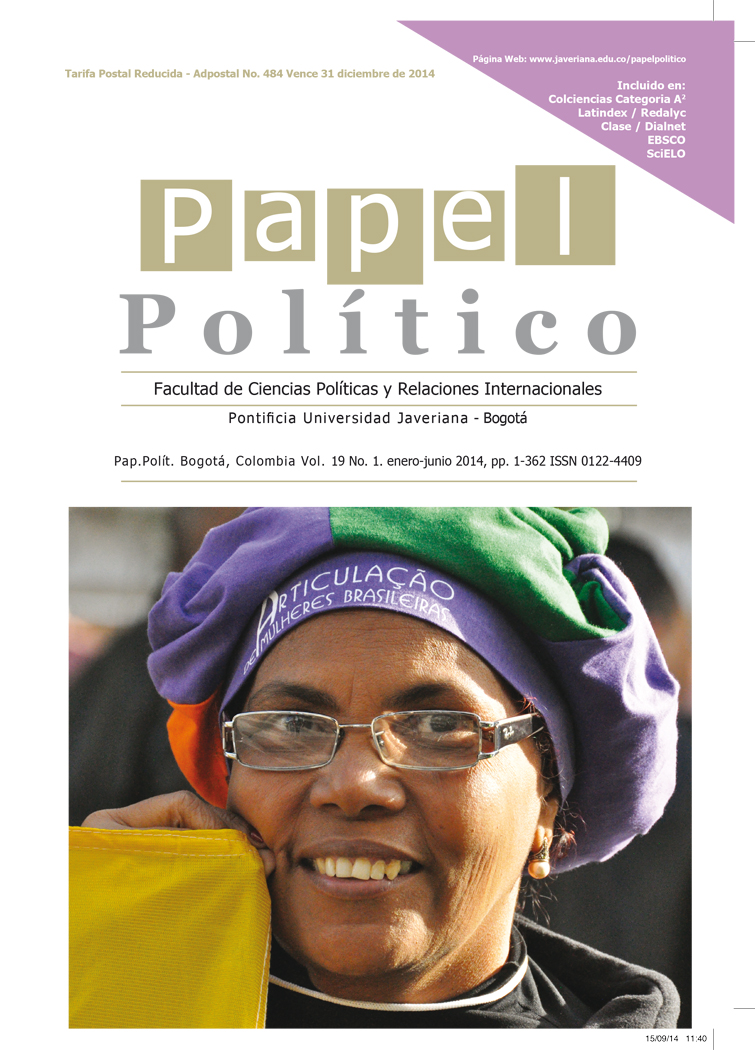The Legislative Process in the Lisbon Treaty: Privilege of Effectiveness in Detriment of Democracy
##plugins.themes.bootstrap3.article.details##
Abstract
The democratic deficit in the European Unionproposes a series of questions about democraticlegitimacy in decision-making processes at thecommunity level. Although there are differentfactors involved which configure this democraticdeficit, this study only focuses on the analysis oftwo aspects: on the one hand, the institutionalweakness of the European Parliament againstthe Council predominance in the process of legislativeapproval in the EU, and, on the other, theopacity of this legislative process, which hindersthe correct information of EU citizens and alsoprevents the implementation of accountabilitymechanisms. To address these questions, theLisbon Treaty makes a number of reforms andnew additions that seek both to strengthen theEuropean Parliament into the legislative process and the public deliberative processes within it;however, this study shows how the developmentof a series of negotiation mechanisms of an informalnature into the legislative process not onlymake insufficient the additions of the LisbonTreaty to overcome the problem of the democraticdeficit, but also deepens the democraticdeterioration in the EU.
Keywords
European Union, Lisbon Treaty, democratic deficit, legislative processUnión Europea, Tratado de Lisboa, déficit democrático, proceso legislativo
References
How to Cite
Micolta Portocarrero, M. C. (2014). The Legislative Process in the Lisbon Treaty: Privilege of Effectiveness in Detriment of Democracy. Papel Político, 19(1), 265–301. Retrieved from https://revistas.javeriana.edu.co/index.php/papelpol/article/view/10868
Issue
Section
International Relations


